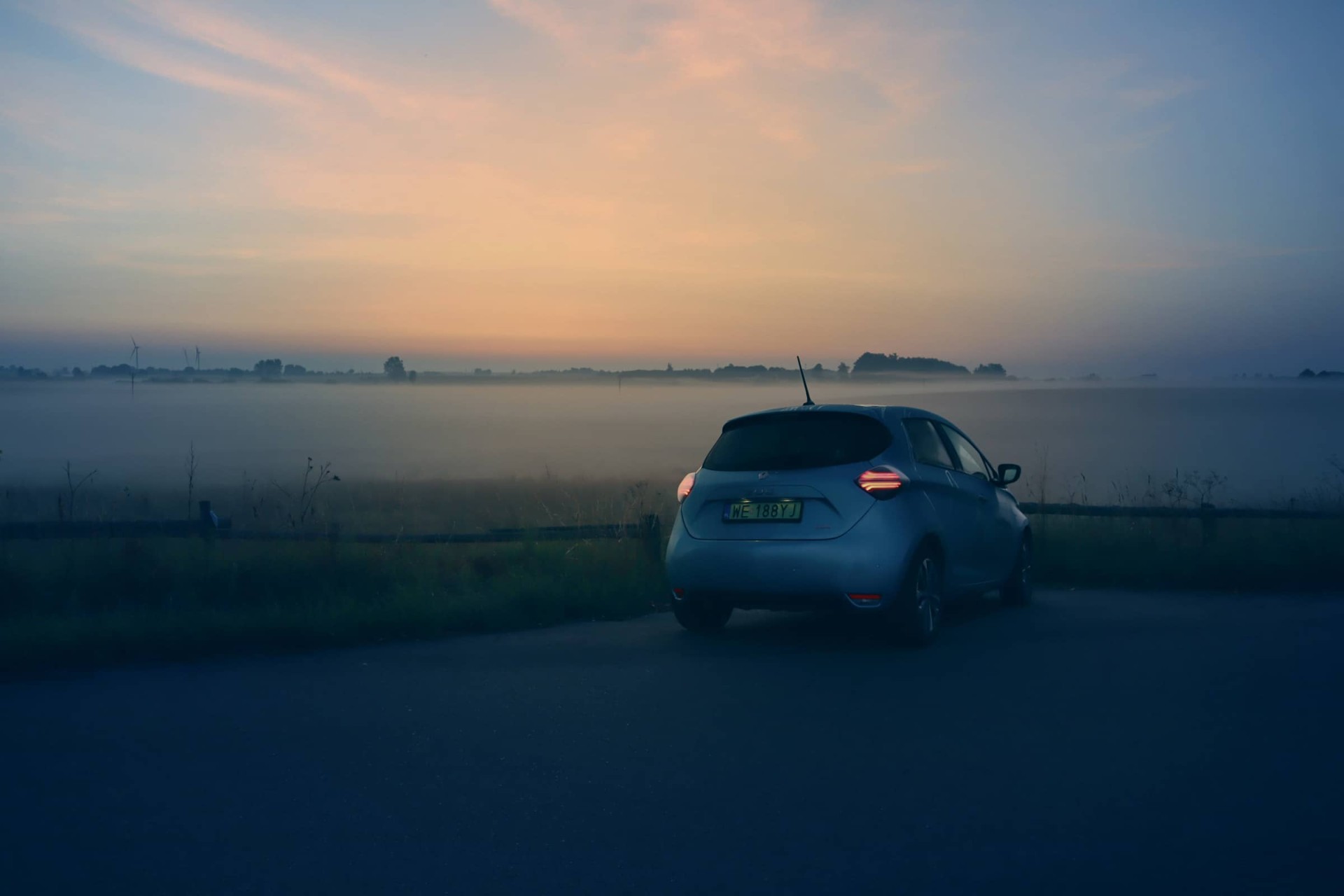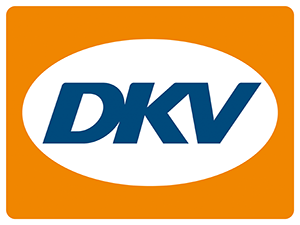Smart planning is key – six tips for your EV road trip

Dawid Polkowski, eMobility specialist at DKV Mobility, spent his holidays traveling around Poland by electric car. In less than two weeks he covered a distance of 2,000 km. In the past longer journeys in an electric car may felt like a trip into the unknown. Driving an electric car still is different from leaving the house in a petrol car, but a well-planned route will may even bring you some extra joy on the road.
Check out the last part of Dawid’s travel report:
Before leaving for a longer journey, it’s worth to take some minutes to plan and prepare your route. Simple tricks and smart apps for EV route planning can be a great help. We collected six for you!
Tip 1: Follow the three golden rules
1. Stop rapid charging around 80% full. Any more will take much longer.
2. Recharge your battery before it hits 20%. This is not only better for your battery but also spares you the thrills.
3. Choose the right charging network. For example, the DKV Card +Charge offers access to ~310,000 public and semi-public charge points all over Europe.
Tip 2: Charge while sleeping
When travelling overnight, choose an accommodation with access to a charge point. By this you and your car both can recharge the batteries. This will save you travel time the next day.
Tip 3: Use a smart route planning tool
A great solution to plan your route is the DKV Mobility App . The EV route planner shows you all charge points along the selected route and also tells you how to get there. In a few easy steps the app will calculate best route for you – including the necessary charge stops. The only thing you need to do is to select your type of vehicle, configure your preferred settings and enter the destination and charge status.
Tip 4: Remember that the vehicle charging time depends on the type of charger
There are four main charging speeds for electric cars - slow, fast, rapid and ultra-rapid. It may take from 15 minutes to about an hour to charge the battery up to 80%. Each type of charger has an associated set of connectors that are designed for low or high power consumption and AC or DC charging.
Tip 5: Don't forget to bring a set of adaptor cables
Such a set will help you to charge your car at charge points that are initially not compatible with your vehicle. Simply change the adapter and recharge anyway.
Tip 6: Pay attention to the weather
Take into account weather conditions and temperature. The cooler the temperature, the more the battery wears out. That means: In winter, you need to choose a route with a higher concentration of charging points then in summer.
You missed the first two episodes of Dawid's road trip? Check it out here:
2,000 km: Dawid's green road trip
Four easy tips to travel electric
Find out more about DKV Card +Charge here.
